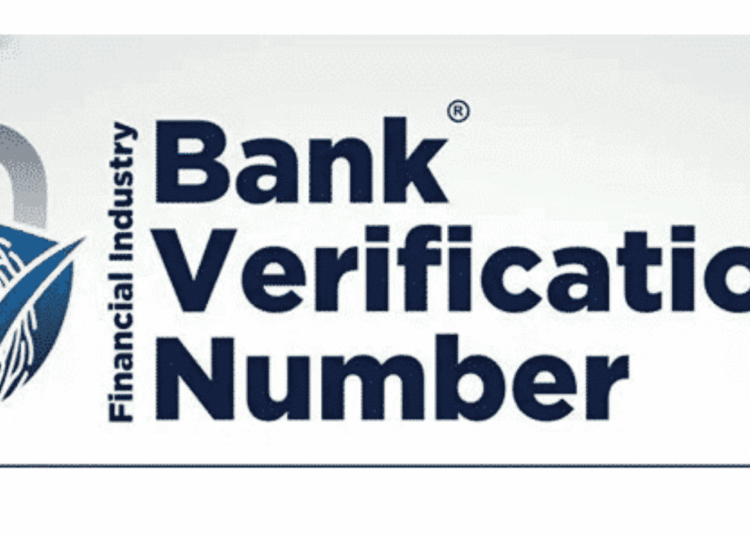The enrollment for Bank Verification Numbers (BVN) in Nigeria has reached 64.8 million as of January, according to data from the Nigeria Inter-Bank Settlement System (NIBSS).
This reflects an increase of 800,000 registrations in just two months, highlighting ongoing efforts to improve financial security and inclusion.
The BVN, a unique identifier issued to bank customers, is mandatory for operating financial accounts in Nigeria. It ensures account security and allows seamless verification across all banks in the country. Recent Central Bank of Nigeria (CBN) directives have extended this requirement to fintech accounts, making it a crucial component of financial operations.
Despite the progress, there remains a significant gap between BVN enrollment and the total number of active bank accounts in Nigeria, which stood at 231.1 million as of July 2024.
For instance, a 2023 survey by Enhancing Financial Innovation and Access (EFInA) revealed that five percent of banked adults—approximately three million people—still lack a BVN or National Identification Number (NIN). This indicates that more work is needed to bring all account holders into the formal financial system.
Meanwhile, efforts to cater to Nigerians in the diaspora are facing delays. In October, CBN governor Yemi Cardoso announced plans for a non-resident BVN platform to enable Nigerians abroad to manage local accounts, conduct business, and meet KYC requirements from any location. Although initially slated for a December 2024 launch, the platform has not yet been rolled out.
Currently, Nigerians living overseas must visit select service providers, such as OIS, VFS Global, or Avantech, which have limited availability. Cardoso emphasised that the planned platform is part of broader efforts to enhance global access to Nigeria’s financial system and foster economic participation by Nigerians worldwide.





